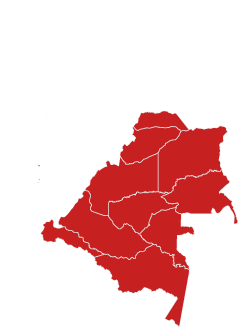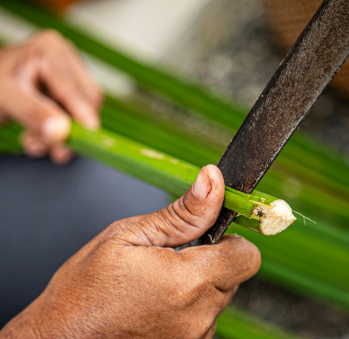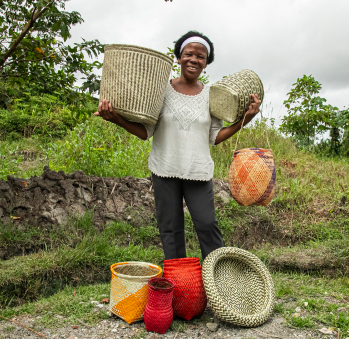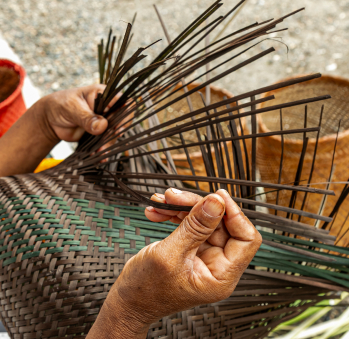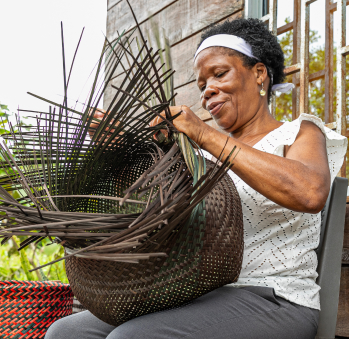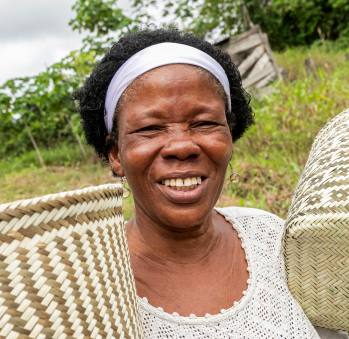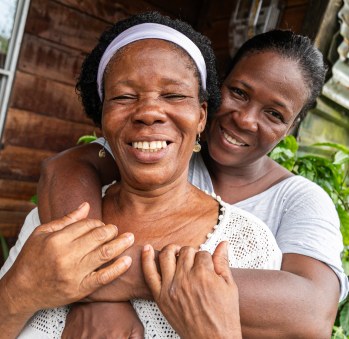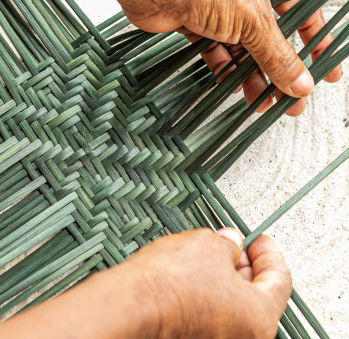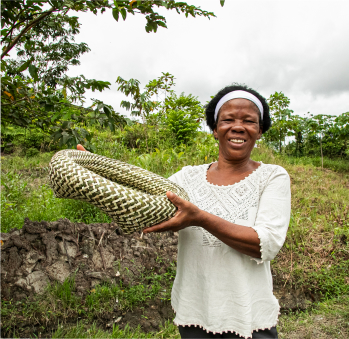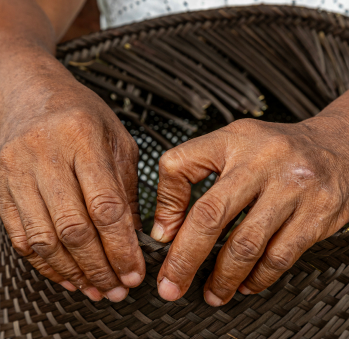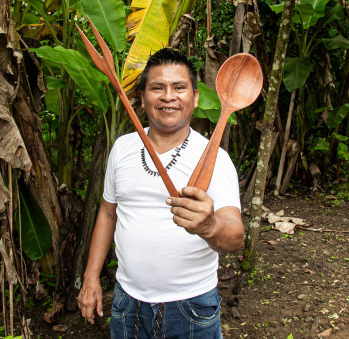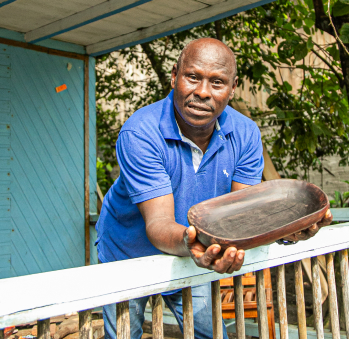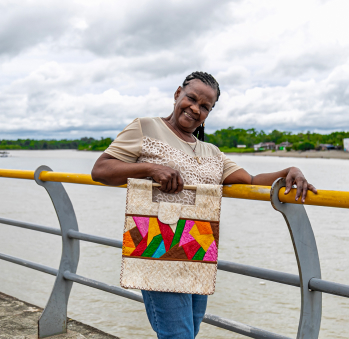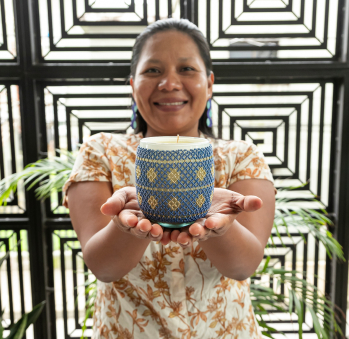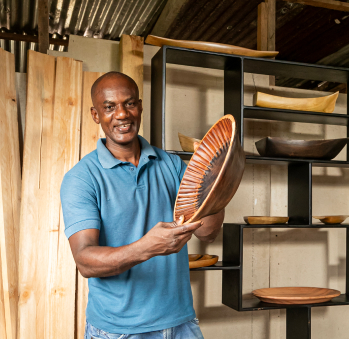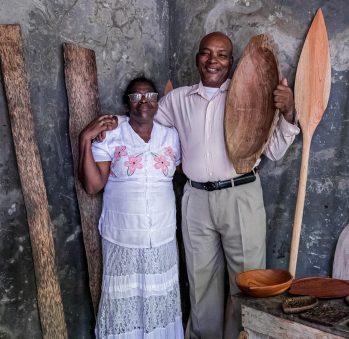María Delfina Mosquera
Workshop: Artesanías Afro Q
Craft: Tejeduría
Trail: Choco Route
Location: Quibdó, Chocó
SCHEDULE YOUR VISIT
Barrio Batallón sector Uribe, punto de encuentro en batallón Obapo, Quibdó, Chocó
3215953553
hija: 3147706497
Silvia: 3104983897
silviamaria0268@gmail.com
María La Paz is the woman who instilled in María Delfina a deep love for crafts. Her memory is vivid and takes her back to her own childhood, residing in Boca de Apartado, a municipality of Río Quito in Chocó, at the age of 12. During that period, an ailing indigenous woman sought remedies and found refuge in her home, as her mother was a skilled medicine woman. This indigenous woman stayed with them for five months, fostering a close bond with María Delfina. She recalls the woman’s ventures into the rainforest in search of iraca for weaving, a sight that captivated her. Gradually, María Delfina developed a fondness for the intricate art of basketry and began joining the woman on her forays. Alongside her sisters, she learned to sew her first stitches during this time. She fondly remembers the woman as a beautiful indigenous figure, full of gratitude.
Thus, she learned the art of weaving baskets. For a considerable period, she worked alongside one of her sisters, her sister-in-law, and her mother, selling woven paper bins to a devoted clientele. Producing up to twenty paper bins daily for over a decade, they fulfilled orders every two weeks. Amid this period, María Delfina gave birth to five children—three daughters and two sons. One of her daughters, Silvia, shares her passion for artisanal crafts, while her curious granddaughters are already mastering their initial stitches.
María Delfina recalls her early days as a craftswoman when she learned to dye fibers red using hibiscus flowers. By blending it with white clay, burying it, allowing the soil to fixate the color, washing it, and drying it, she obtained beautiful results. However, due to the labor-intensive nature of the process, she eventually abandoned it, focusing instead on crafting with natural colors. Only recently has she revisited the art of dyeing.
In addition to crafting iraca baskets, she learned to utilize damagua fibers extracted from tree bark, creating exquisite flowers like heliconias and sunflowers. Training at a Sena workshop introduced her to this craft. For a while, she found more fulfillment in creating flowers than baskets due to their beauty and higher yields. Nevertheless, basketry eventually reemerged in her life, becoming her savior.
Basketry saved her during a challenging period when she was diagnosed with breast cancer. Instead of succumbing to despair, she tackled it head-on. Committed to exhibiting her work at the Expoartesano artisanal fair in Medellín, she maintained her resolve. She wove during evening radiotherapy sessions and tended to her stand and clients in the mornings. This disciplined routine provided solace amidst uncertainty and fear, allowing her to focus on healing.
Many significant events have shaped María Delfina’s life. Apart from overcoming her illness, she participated in design courses conducted by Artesanías de Colombia during the pandemic, elevating her craft to new heights. She refined her products, acquired new stitching techniques, and returned to the vibrant colors she enjoyed in her youth. Initially hesitant about attending the course, questioning what an unknown man could teach her, she later acknowledged the value of always being open to learning. She regards the course as one of the most enriching experiences in her life. With over forty years of experience as a craftswoman, she remains enthusiastic about learning new stitches, expressing gratitude for the second chance God has granted her.
Craft
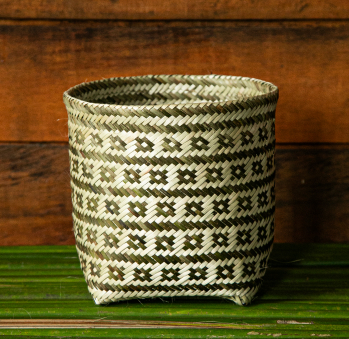
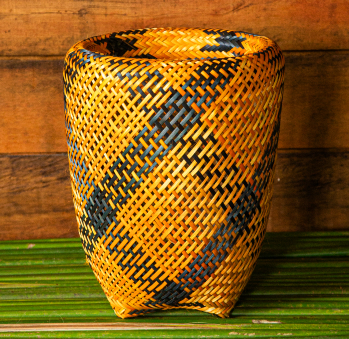
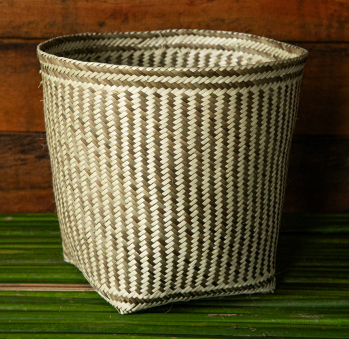
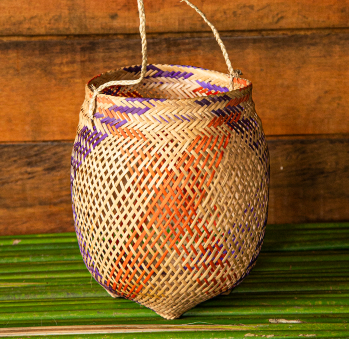
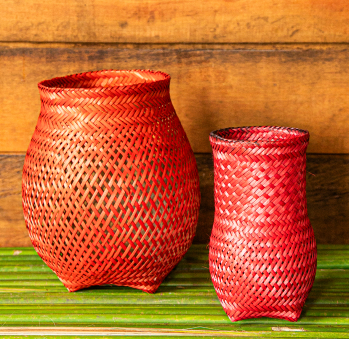
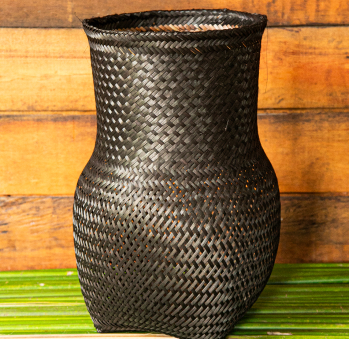
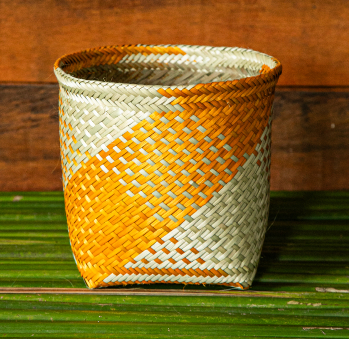
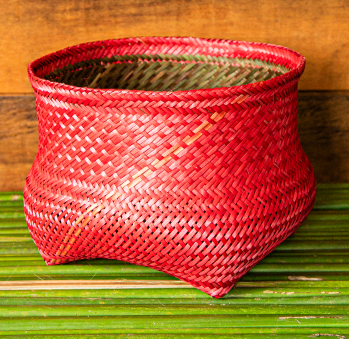
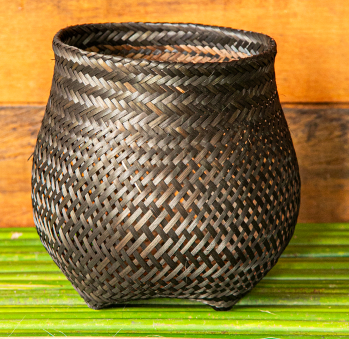
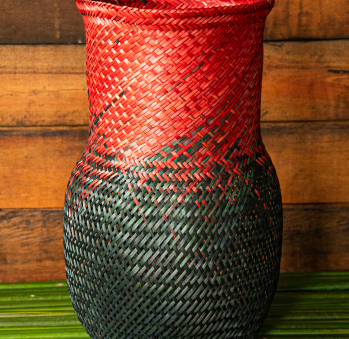
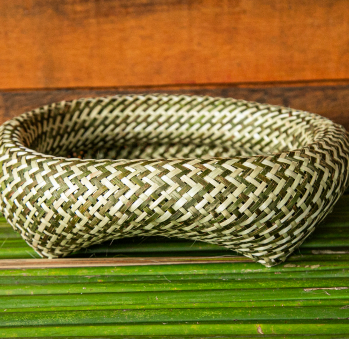
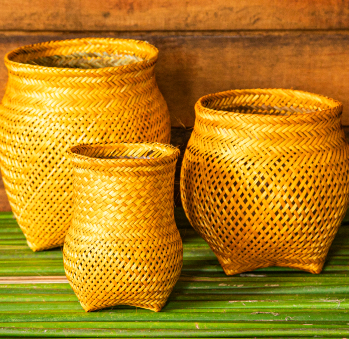












Artisans along the way
Artisans along the way
No puede copiar contenido de esta página

